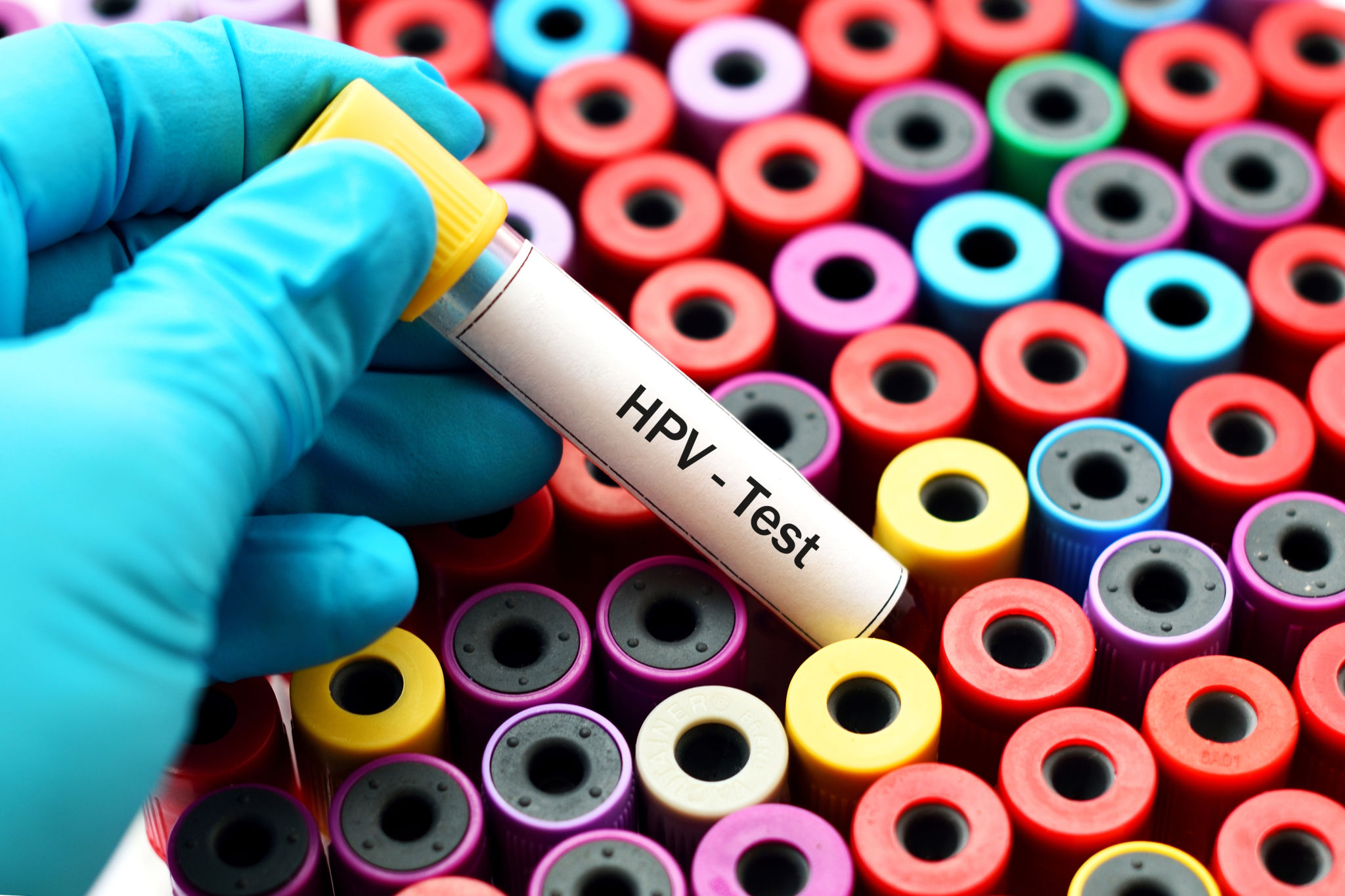Stigma hinders diagnosis of cancer
Harmful silence
Stigma around certain health issues, especially in many black communities in South Africa, often leads to silence and delays in seeking help. Talking about gynecological cancers is often seen as taboo, making many women afraid to speak up about their symptoms due to fear of judgment, shame, or being labeled as "unclean" or "cursed." This silence can cause dangerous delays in getting medical care, reducing the chances of catching the disease early and getting effective treatment. Cultural beliefs, lack of awareness, and fear all contribute to this reluctance, leading to fewer women going for routine screenings like Pap smears or pelvic exams.

Delayed diagnosis
This silence is particularly harmful in the context of gynecological cancers like cervical cancer, which is the second most common cancer among women in South Africa. Despite the fact that cervical cancer is highly treatable when caught early, many women are only diagnosed at an advanced stage, when treatment is more complex and less likely to be successful. T
The harmful effects of stigma on healthcare are not limited to gynecological cancers alone. Stigmatization can affect a wide range of health conditions, from mental health disorders to chronic illnesses like diabetes and hypertension. In all these cases, stigma hinders and leads to a reluctance to seek care, resulting in worse health outcomes and a higher burden on healthcare systems.

HIV and cancer
For women living with HIV, the stigma is even more pronounced. HIV-positive women are at a significantly higher risk of developing cervical cancer due to their compromised immune systems. The human papillomavirus (HPV), which is the primary cause of cervical cancer, is more likely to persist in HIV-positive women, leading to an increased risk of cancerous changes in the cervical cells. Despite this heightened risk, many HIV-positive women do not receive regular screenings for cervical cancer. The stigma surrounding both HIV and cancer creates a double barrier to care, compounding the challenges these women face in accessing the healthcare they need.

Raising awareness
In response to these challenges, healthcare providers in South Africa are increasingly recognizing the need to address stigma as a critical component of improving health outcomes. These professionals can play a vital role in reaching women in their own communities, making it easier for them to access care without the need to visit a specialized gynecologist.
Education and awareness campaigns are also essential in combating stigma. By raising awareness about the importance of early detection and regular screenings, these campaigns aim to empower women to take control of their health. They also work to shift cultural perceptions about reproductive health, helping to normalize conversations about gynecological cancers and other health issues.

A lot remains to be done
Despite these efforts, much work remains to be done. Stigma is deeply ingrained in many societies, and changing cultural attitudes can be a slow and challenging process. However, by continuing to raise awareness and provide accessible, stigma-free healthcare services, progress can be made. It is crucial for healthcare providers, community leaders, and policymakers to work together to create an environment where all women feel empowered to seek the care they need without fear of judgment or discrimination.
In conclusion, all kinds of stigma pose a significant threat to healthcare by creating barriers to access and delaying diagnoses, particularly in the case of cancer care. Addressing stigma is not just about changing individual attitudes, but about transforming the healthcare system to ensure that all women have the opportunity to receive timely and effective care. By breaking the silence and dismantling the stigma that surrounds gynecological cancers, we can save lives and improve health outcomes for women across South Africa.